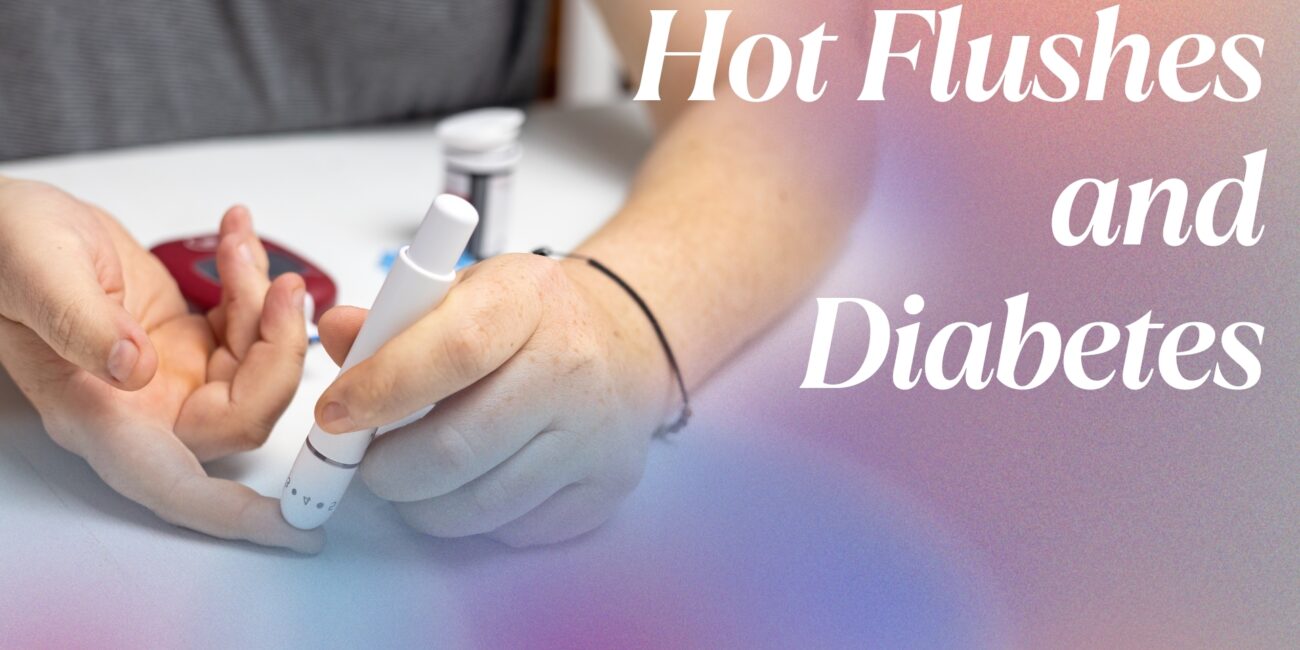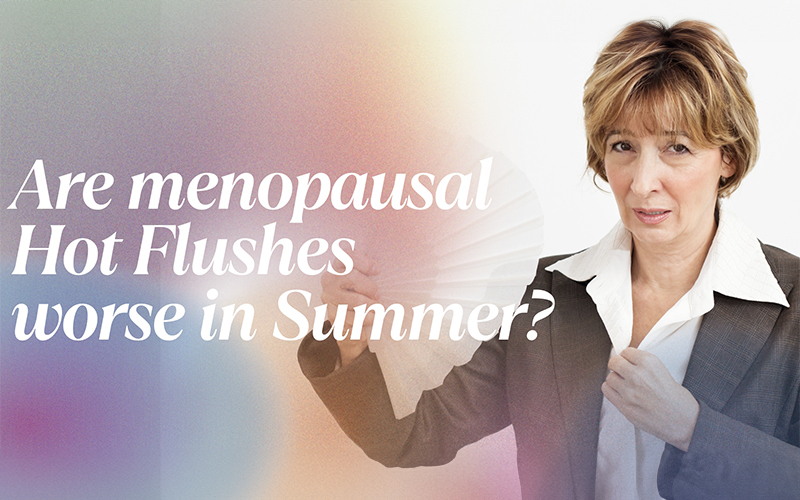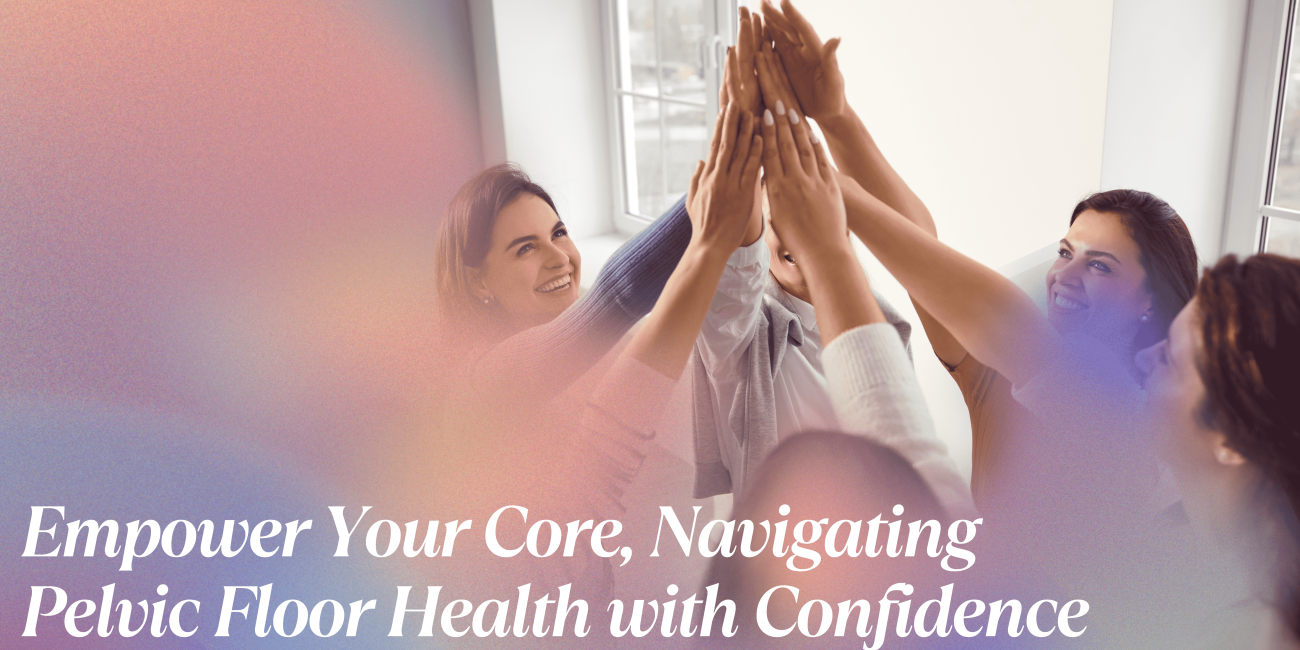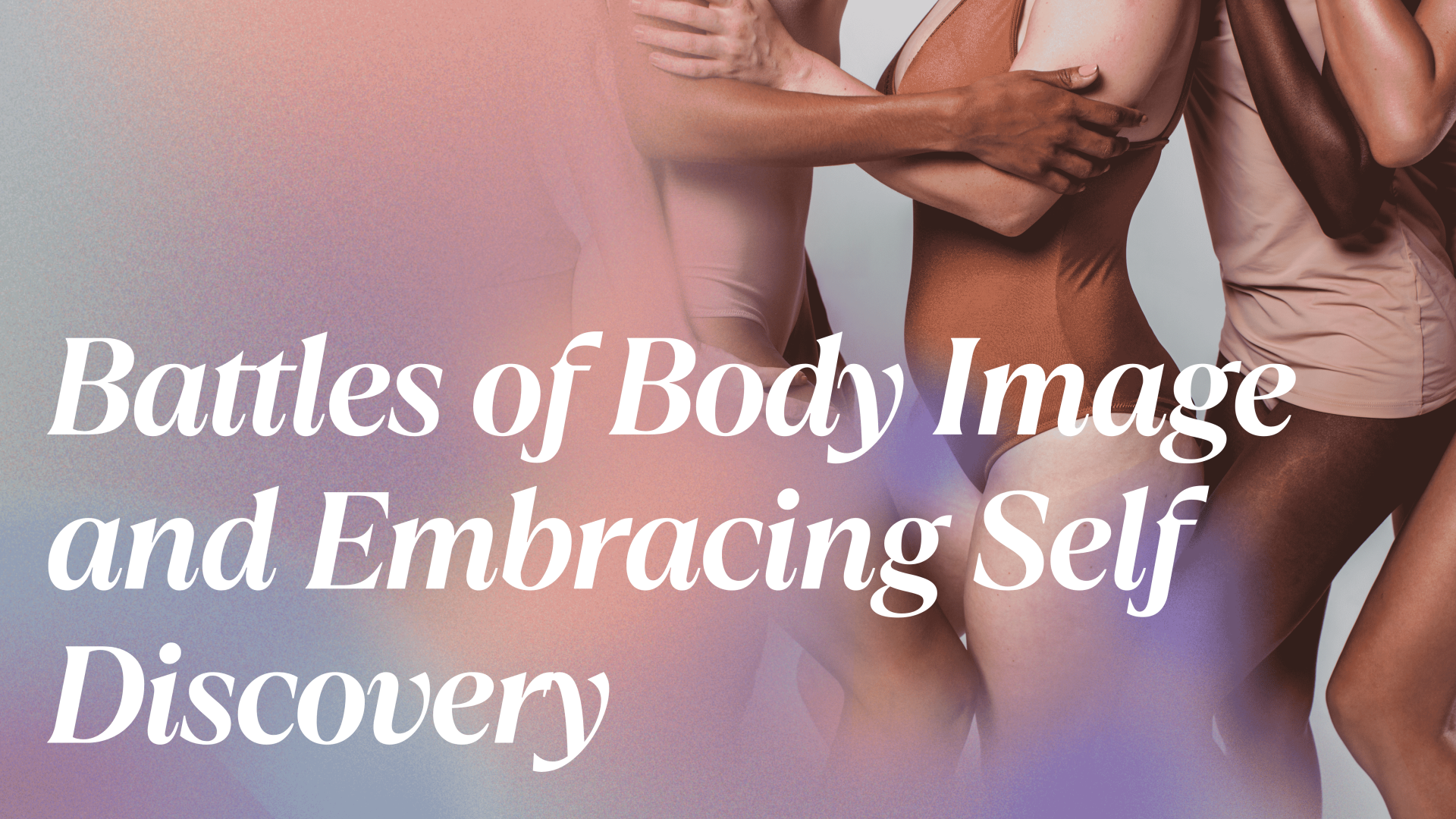“Just reduce ten more pounds, and you’ll look stunning”, that’s what we’ve been hearing since ages putting us in a place of dissatisfaction concerning the way we look which inturn leads women to go to extreme heights attempting to change their bodies.
The ‘Look and Feel’ Effect
More than 60% of women consider body weight as one of the key factors in defining the way they feel about themselves making them dissatisfied about the way they look. For women and adolescent girls, body size and body weight are often viewed as a defining aspect of their identity.
Certain women may perceive their bodies as flawed if they are unable to consistently fit into a standard size that has been pre-defined which poses a negative image on their self-worth. The societal norms have turned bodies as an identity factor, that affect one’s perception of the ‘normal’ self image and make them strive to look a certain way in order to find acceptance within the social circles.
In today’s society, women and young g irls are navigating a landscape where their bodies hold significant say over their sense of self. Constantly bombarded by media messages promoting weight loss and showcasing unattainable beauty standards, they find themselves immersed in a culture that values thinness above all else.
From television ads offering the latest diet products to the rapid growth of normalising plastic surgery, the pressure to conform to these ideals is relentless. Research suggests that young girls are exposed to hundreds of media images daily, further fueling feelings of insecurity about their appearance. It’s no surprise then that many women and girls feel compelled to alter their bodies in pursuit of self-esteem, with only a small fraction describing themselves as “beautiful.”
This relentless pursuit of an idealized body image takes a toll, leading to a surge in eating disorders and other destructive behaviors. Trapped in a cycle of body hatred, women and girls struggle to break free from the suffocating grip of unrealistic beauty standards.
While a significant number of women express dissatisfaction with their bodies, for many, this discontentment extends into extreme body image challenges leading to more complex issues which include:
1. Body Dysmorphic Disorder
2. Anorexia Nervosa – The fear of gaining excess weight
3. Bulimia Nervosa – an intense fear of gaining weight and a distorted body image.
4. Depression
Body Dysmorphic Disorder
Also termed as “imagined ugliness”, is a condition where individuals perceive themselves as significantly less attractive than they actually are. Their self-perception is grossly distorted, leading them to spend excessive amounts of time scrutinising, concealing, or fixating on their perceived flaws. In extreme cases, individuals also resort to costly plastic surgery procedures in a desperate attempt to alter their appearance.
Anorexia Nervosa – The fear of gaining weight
It is a serious eating disorder characterized by an extreme fear of gaining weight and a distorted body image, leading to self-imposed starvation and excessive weight loss, where individuals perceive their bodies as “unhealthy” or “fat” despite being underweight and refuse to maintain a healthy body weight. People with anorexia may severely restrict their food intake, engage in excessive exercise in an attempt to control their weight.
Bulimia Nervosa – Binge Eating
Bulimia involves eating a lot of food in a short time which is also known as binge eating and then doing things like throwing up, using laxatives the intakes that will make you have bowel movements or exercising a lot to avoid gaining weight.
This harmful pattern of binge eating and purging can negatively affect both one’s physical health and emotional health. It can harm your digestive system and cause chemical imbalances in your body, impacting the functioning of vital organs like the heart and in severe cases, it can even lead to death.
Depression
Countless women having depression have a distorted self image concerning the way they look, making them into think that they are not as beautiful as they need to be or are less attractive compared to the standards that are preset.
By identifying and acknowledging negative thoughts and emotions, individuals can proactively address depression and body image concerns. Seeking treatment for these issues is essential for recovery.
Proactive steps to Overcome Negative Body Image
1. Accept all sizes and shapes
Start by appreciating your own body, and begin to embrace yourself just the way you are by recognizing the beauty in your unique shape, size, and features. Instead of focusing on perceived flaws, celebrate your body’s strengths and the incredible things it allows you to do. By fostering a positive relationship with yourself, you can cultivate greater self-confidence and resilience to navigate life’s challenges with grace and authenticity. For true beauty lies in embracing your individuality and loving yourself unconditionally, just the way you are.
2. Break the dieting cycle
Majority of women have dieted at some or the other point, but to the dieter’s dismay they gain back weight pretty soon. Studies amplify that most dieters are prone to eating disorders. Dieting not only diminishes your self-esteem and drains your energy but also triggers mood swings and fosters feelings of hopelessness. To combat the pitfalls of dieting, adopting an intuitive eating approach proves highly beneficial. This method emphasises moderation in consuming all varieties of foods, without the need for calorie counting or scrutinizing labels.
3. Understand your emotions
Get to know the underlying emotions behind your negative body image. When we struggle to manage our emotions, we often project them onto our bodies, blaming them for how we feel. Each time you criticize your body by saying “I’m fat,” you’re disregarding your body’s needs and neglecting the deeper emotions that lie beneath.
Conclusion
Beauty comes in diverse forms and self-worth is not determined by appearance alone and the pervasive societal pressure to conform to unrealistic beauty standards has led many women into a relentless pursuit of an idealized body image. By accepting all sizes and shapes, breaking free from the dieting cycle, and understanding the underlying emotions behind negative body image, individuals can begin to cultivate a positive relationship with themselves and be on a path towards self acceptance.
Resources:
https://centerforchange.com/battling-bodies-understanding-overcoming-negative-body-images





 No products in the cart.
No products in the cart.